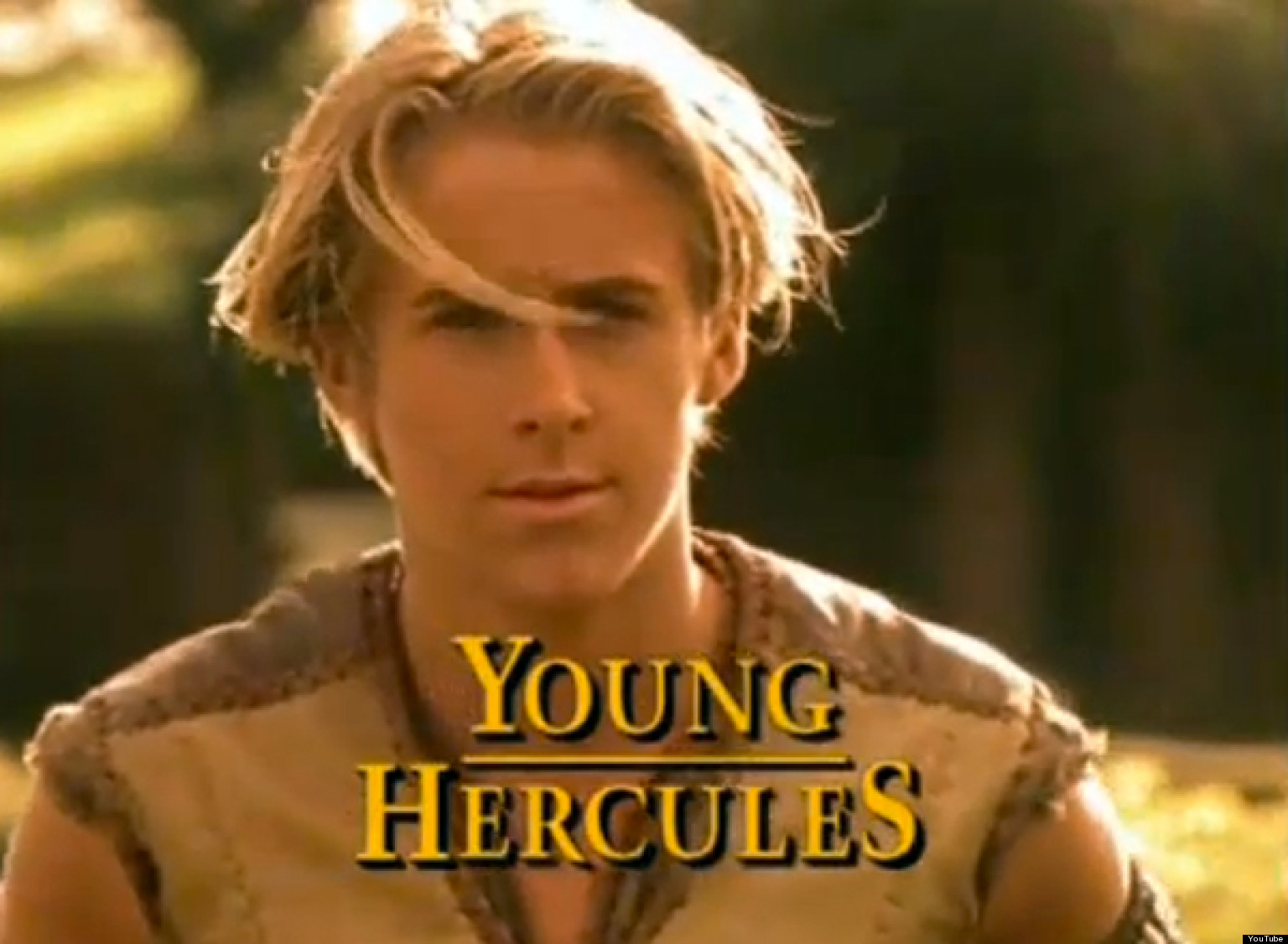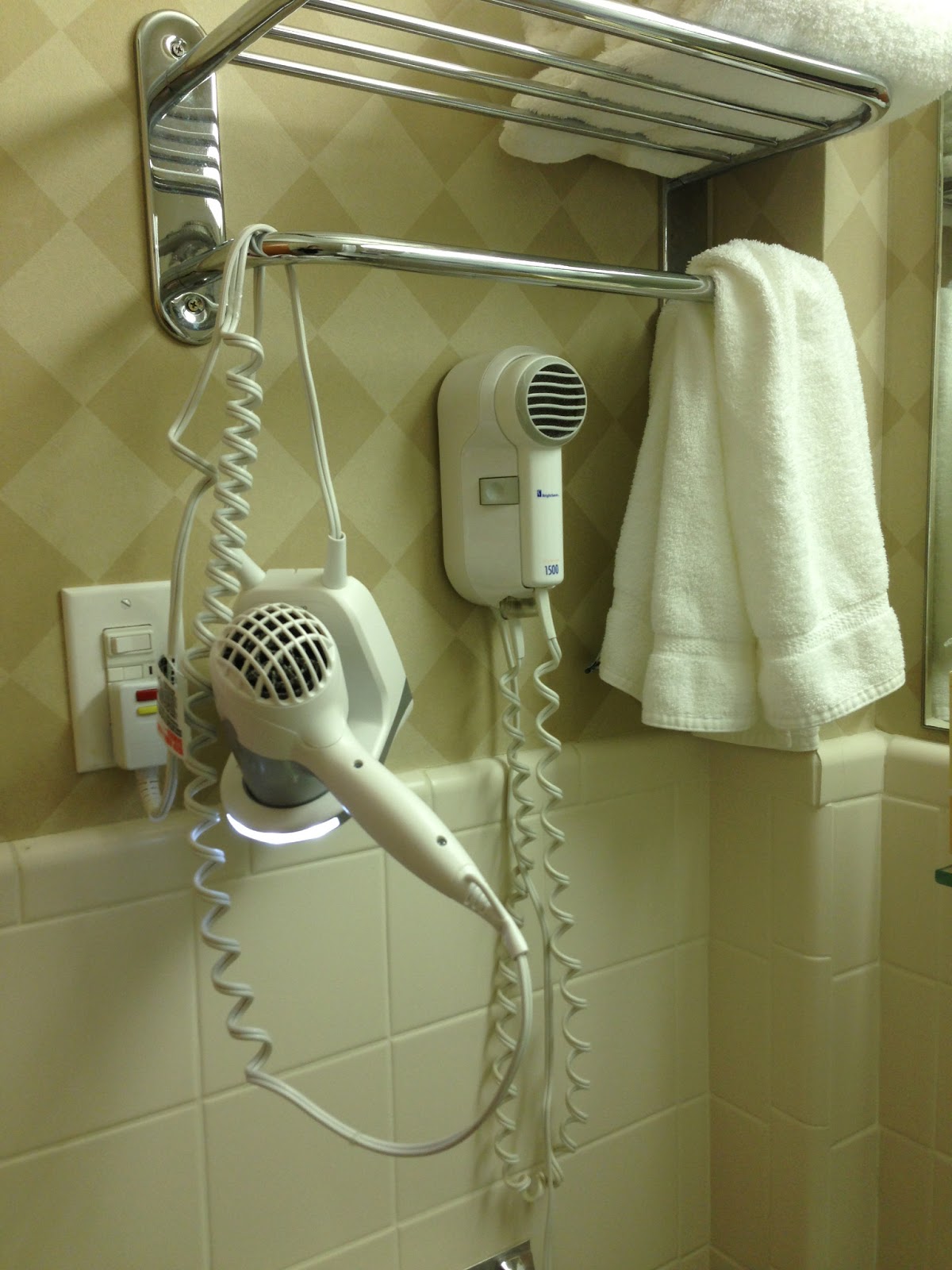At the end of our honeymoon, Dave flew back to the US, and I headed up to the University of Leeds for a conference. I've been trying to get to smaller, more focused conferences, so I was quite excited when my abstract on Disney's Hercules was accepted. This was my first paper on a "classical reception" topic, and I was a bit nervous to present an analysis of the movie in the company of much more experienced reception scholars.
I shouldn't have worried. Because the conference was so small (50-odd attendees?), people were so friendly! Introducing themselves in the elevator, offering thoughtful remarks during discussion, approaching after talks to continue the conversation, asking real conversational questions over dinner. I didn't know that conferences could be like this. I had a blast.
But perhaps most important of all is a revelation that came out during my panel. A classicist from University of Vermont was presenting on two children's TV shows about Hercules from the '90s – Disney's "Hercules: The Animated Series" and the "Young Hercules" show on Fox. Do you remember who starred in "Young Hercules"? None other than RYAN GOSLING.
I find this irrationally hilarious, and hope you do too!
I shouldn't have worried. Because the conference was so small (50-odd attendees?), people were so friendly! Introducing themselves in the elevator, offering thoughtful remarks during discussion, approaching after talks to continue the conversation, asking real conversational questions over dinner. I didn't know that conferences could be like this. I had a blast.
But perhaps most important of all is a revelation that came out during my panel. A classicist from University of Vermont was presenting on two children's TV shows about Hercules from the '90s – Disney's "Hercules: The Animated Series" and the "Young Hercules" show on Fox. Do you remember who starred in "Young Hercules"? None other than RYAN GOSLING.
I find this irrationally hilarious, and hope you do too!










